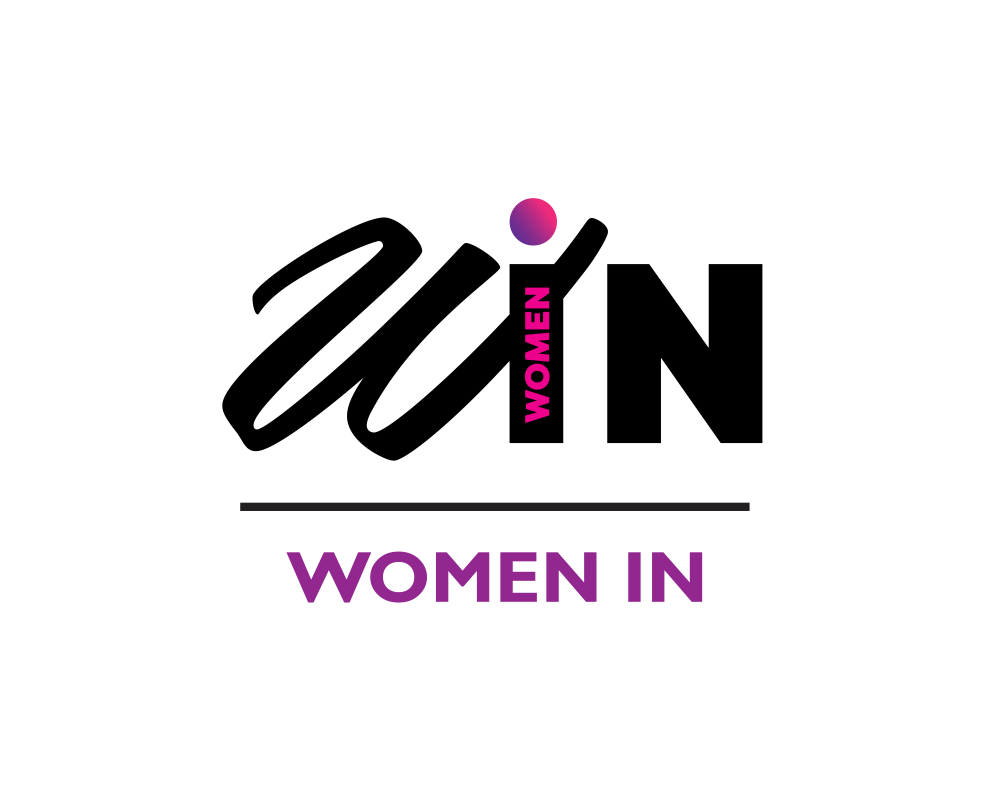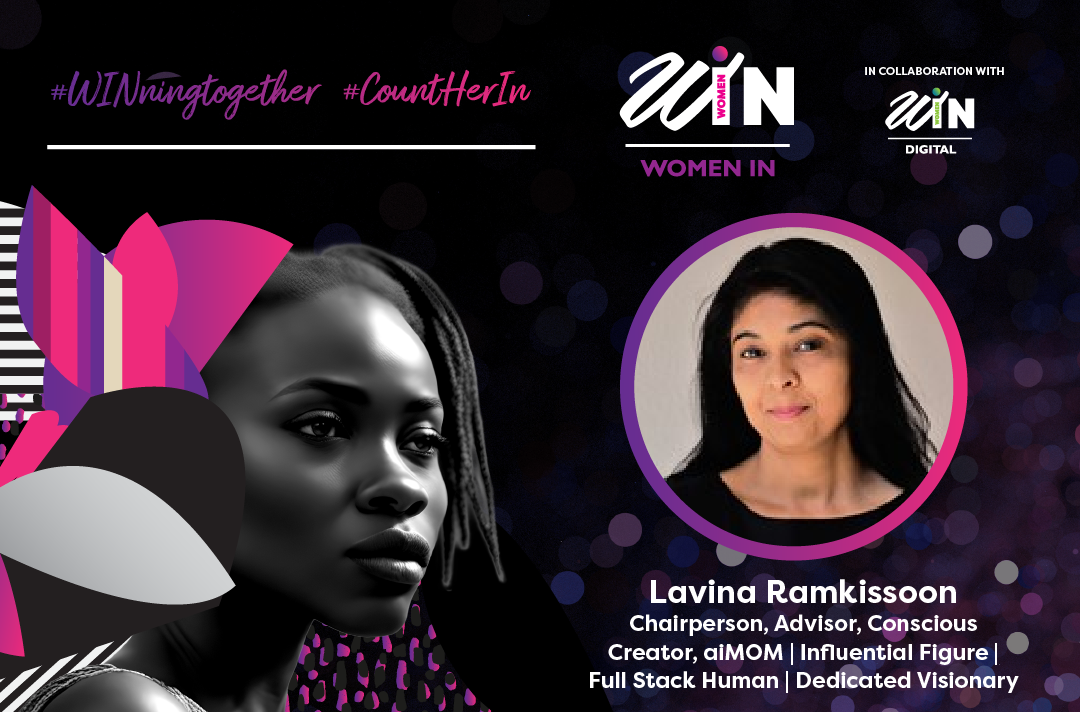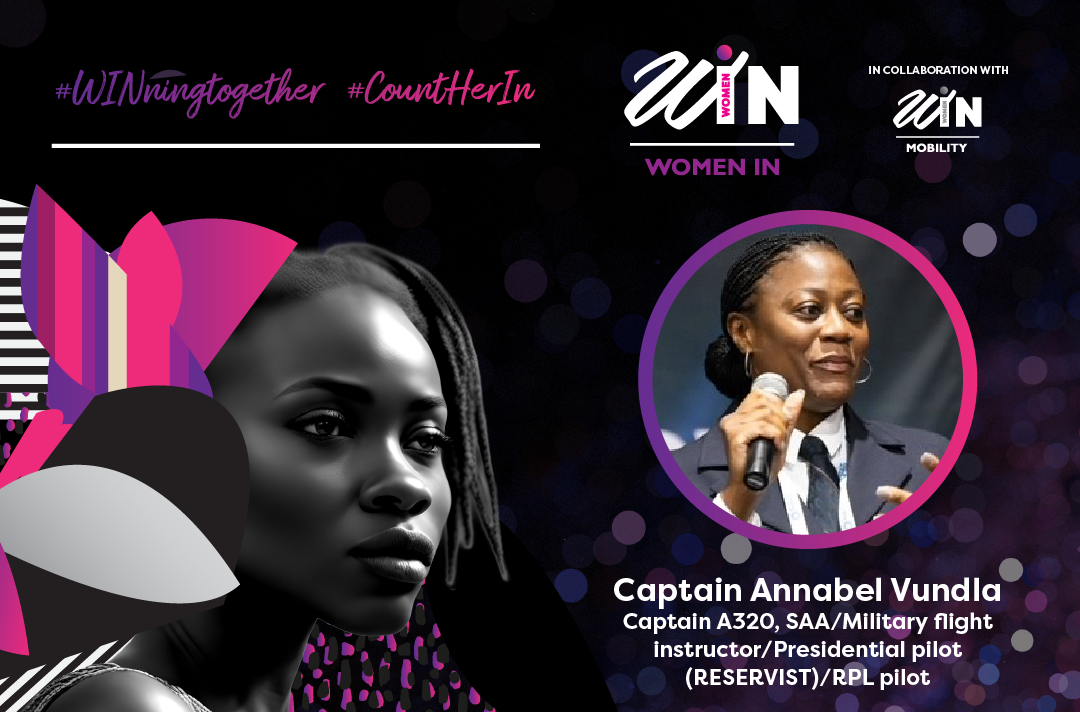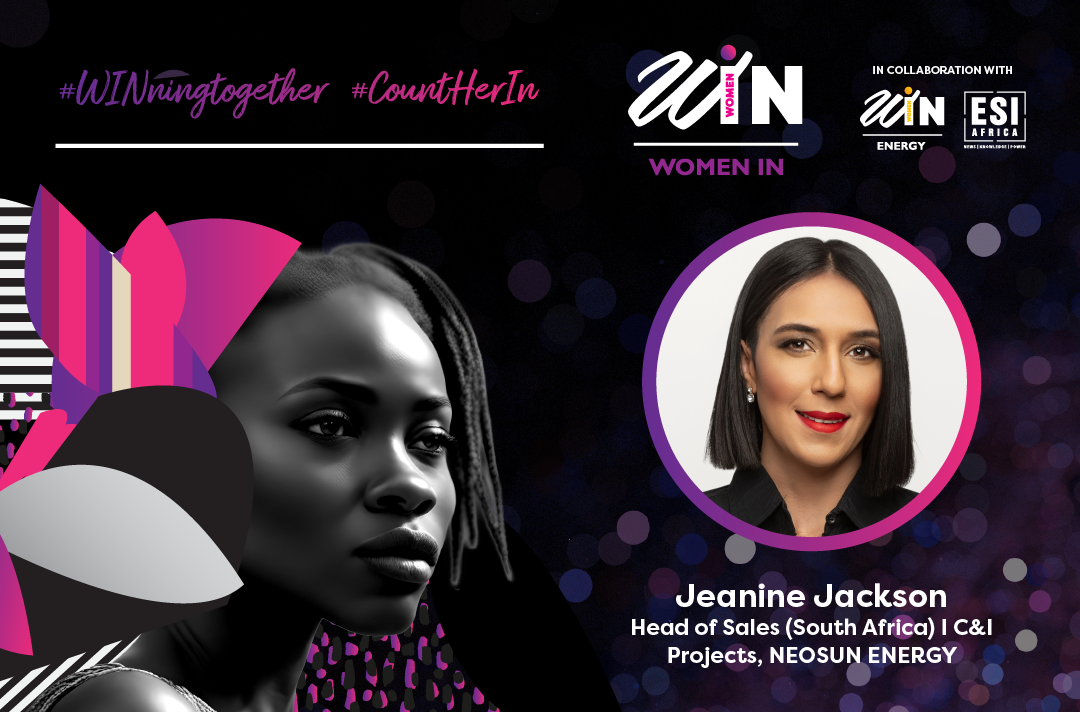As long as women are bound by poverty and as long as they are looked down upon, human rights will lack substance… as long as outmoded ways of thinking prevent women from making a meaningful contribution to society, progress will be slow.” — Nelson Mandela
Each year on July 18, we pause to celebrate Nelson Rolihlahla Mandela, the founding father of our democracy and a tireless advocate for equality for all. Mandela understood that true liberation could not be achieved if women remained oppressed, and he consistently used his voice and platform to champion the rights of women, both during and after apartheid.
“Freedom cannot be achieved unless women have been emancipated from all forms of oppression,” he famously declared in 1994.
He surrounded himself with women who were fierce, intelligent, and driven—women who led movements, fought injustice and nurtured resilience into the very fibre of South Africa’s democracy.
To honour Mandela’s legacy, we must also honour the women who fought beside him and those who continue to lead today. Because as long as women remain bound by poverty, violence, and limited opportunity, human rights “will lack substance.”
A long road to gender equality
When I think of the women who helped shape South Africa’s democracy, I think of the indomitable Winnie Madikizela-Mandela, who carried the resistance through the darkest days; the bold and brilliant Miriam Makeba, our Mama Africa, whose voice echoed the cries for justice across continents; Albertina Sisulu, a nurse and activist whose quiet strength helped shape the future of South Africa; Helen Suzman, a lone voice in parliament for 13 years; and Lilian Ngoyi, a trade unionist and political leader, who led 20,000 women in protest against pass laws. These women weren’t just supporting acts, they were architects of change.
While the continent has made major strides since the days of apartheid and colonial rule, African women continue to face deeply rooted inequalities. Across sub-Saharan Africa, women make up nearly 70% of the informal economy, with limited access to financial services or legal protection. According to the World Bank, only 58% of women in Africa participate in the labour force, a number lower than that of men, and they are more likely to be unpaid or underpaid for the same work.
The numbers point to the ongoing need for structural transformation and gender-sensitive policy reform.
Yet perhaps the most insidious barrier lies in perception, societal norms that still place women on the periphery of power and leadership. Without access to education, capital, or networks of influence, many women are still excluded from the spaces where decisions about their lives are made.
Women who are rewriting the story
Despite the odds, African women are rising and redefining what leadership looks like. Ngozi Okonjo-Iweala, Nigeria’s former finance minister, now heads the World Trade Organization, becoming the first African and first woman to do so. Her work proves that African women belong at the highest global economic tables.
Closer to home, Dr Judy Dlamini, a South African businesswoman, medical doctor, and chancellor of Wits University, has consistently used her influence to advocate for inclusion and women’s empowerment in both education and enterprise.
From entrepreneurs building tech start-ups in Kigali to rural leaders running green agriculture initiatives in Limpopo, women across Africa are actively shaping the continent’s future. They are not waiting to be invited: They are creating space, lifting others and demanding that their voices be heard.
As we celebrate Nelson Mandela’s legacy, let us honour the women who made his dream a reality and those who continue to carry that dream forward.
Let us commit to doing more than remembering history, let us shape the future.
Be part of the movement.
Join us at the WomenIN Festival 2025 from 13-14 November 2025, where bold ideas, impactful conversations, and limitless women come together to drive change.
🎟️ Tickets from R1499: www.wearewomenin.com/win-festival
















